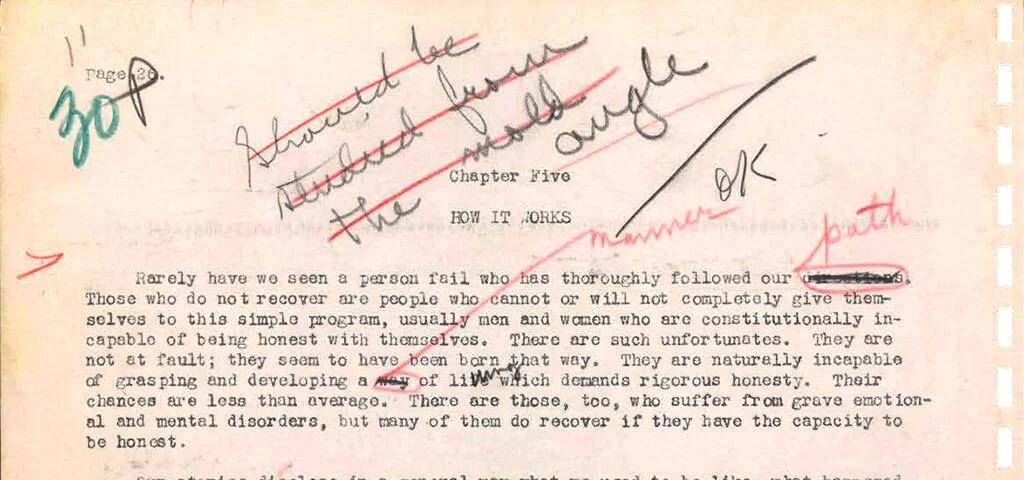I wanted to share a quote from today’s Cassian reading. In Conf. 2.13, Abba Moses shares the story of an old man, a veteran in the monastic life, who responds harshly to a young monk who comes seeking his advice and consolation. Because of his lack of compassion towards a younger one struggling with sin, he himself is stricken by temptations which he cannot resist. The point of his trial is laid out thus:
Restraint of speech & false modesty
In my reading from Cassian’s Conferences this morning (2.9-12), Abba Moses spoke to Germanus about how to cultivate the virtue of ‘discretion’ or ‘discernment’ (depending on your translation) which is so vital to the spiritual life. The importance of the discernment of spirits—determining which thoughts and impulses of from God and which are from Satan—is quite familiar to me from my work with Ignatian spiritual directors in particular. And I’d like to think I make it a priority in my relationship with God more times than not. But Abba Moses’ advice to Germanus convicted me of a way I may be fooling myself into thinking I’m making progress.
Chapter 5: How It Works (A Psalm of David)
The Work of an Evangelist
Sibyl Harton: Why we confess
This is a transcription (hopefully, a faithful one) of the first chapter of a pamphlet titled The Practice of Confession: Why, What, How by Sibyl Harton (b. 1898), an Anglican author from England. I do not own the rights to this material, but to the best of my understanding the content has passed into the public domain. This is single most powerful piece of writing on sacramental Confession; so i wanted to make it accessible here.
Sobriety & Eucharist
ISAIAH Grounding — 13 August 2019
If you’re like me, ‘justice’ is an idea that stirs up a complicated mix of hope and resignation—especially lately. The pain and struggle that I see when I look at the world around me do make me long deeply for justice and healing. But they also make that healing feel so far away—barely out of reach even at the best of times.





